Tattooing has been practiced for thousands of years. The practice has continued to gain popularity and is currently the most popular it has ever been. According to a 2015 Harris Poll, nearly one-third of those surveyed (29%) have at least one tattoo. However, Is it true that because tattooing is becoming more popular, it's now safer than ever?
Getting a new tattoo is easy, right now you could go out to get a new tattoo and in a few hours, the job will be done. Despite how easy it is to get a tattoo, some people are scared to get one due to safety concerns.
The FDA has received hundreds of tattoo-related adverse event reports over the years, including 363 from 2004 to 2016. They are also receiving complaints of patients contracting infections as a result of contaminated tattoo inks, as well as bad reactions to the inks themselves.
However, if you understand the risks of getting a tattoo beforehand you can minimize any problems. Make sure to prepare yourself ahead of time by learning as much as you can about the situation. Also, make sure you understand what's involved and how to minimize the dangers before getting a tattoo.
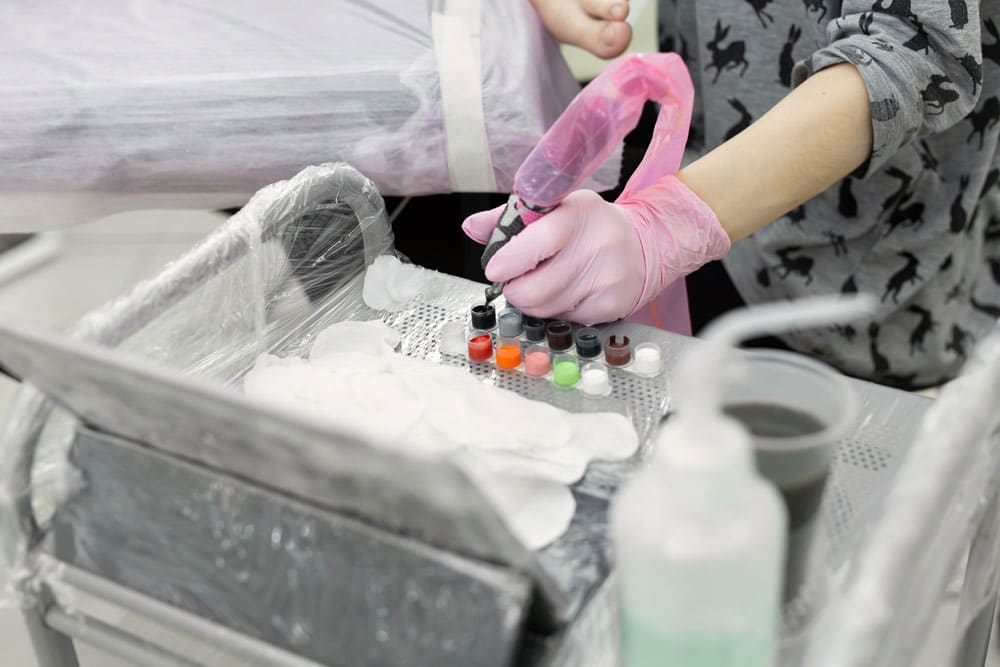
A tattoo is a permanent design on your skin created by inserting ink pigments into the skin's dermis, which is the layer of dermal tissue beneath the epidermis. The tattoo artist usually utilizes equipment that has one or more needles continually piercing the skin. The needles inject tiny ink droplets into each puncture.
The procedure, which is performed without anesthetics, results in minor bleeding and minor to moderate pain.
Tattoos breach the skin, which means that skin infections and other complications are possible, including Allergic reactions. Tattoo dyes — especially red, green, yellow, and blue dyes — can cause allergic skin reactions, such as an itchy rash at the tattoo site. However, tattoos are now safer than ever if you go to a reputable tattoo artist.
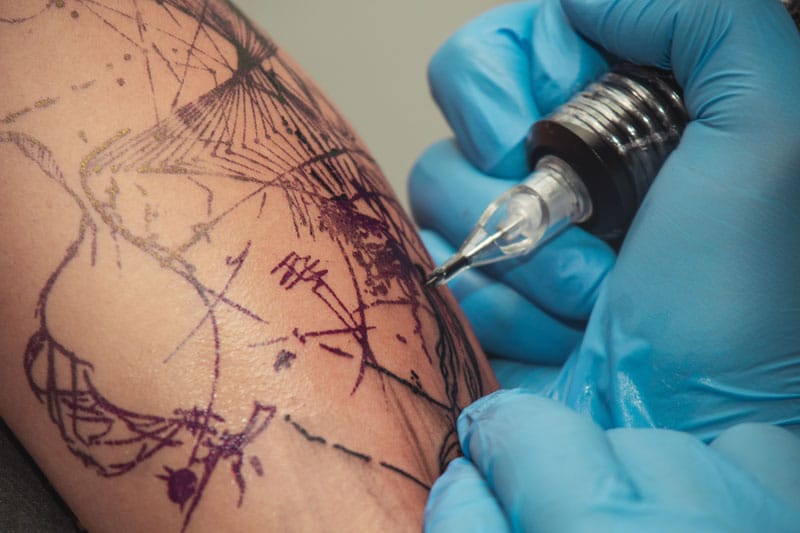
You should always be concerned about unsafe tattoo practices and tattoo ink. The most common reason for infection while getting a tattoo is unsanitary techniques and contaminated equipment. Infections can also be caused by ink that has been polluted with bacteria or mold. The use of non-sterile water to dilute pigments (coloring components) is common, although not exclusive, cause.
There's no way to know for sure if the ink is safe. Even if the container is sealed and the label claims the product is sterile, ink can be polluted. Although multiple variables can cause infections and harm while getting tattooed. Most, if not all, of these problems, are medicated by going to an experienced tattoo artist in a licensed tattoo shop.
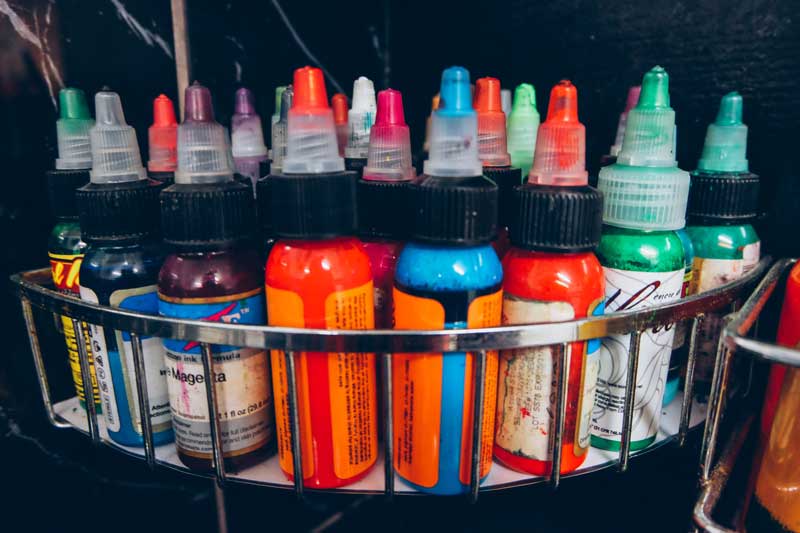
According to certified published studies, some tattoo inks contain pigments used in printer toner or automobile paint. The FDA has not approved any pigments for cosmetic injection into the skin. The majority of credible tattoo ink suppliers hold themselves to the highest standards and try to ensure safety with their products. If this is a concern for you it is recommended to do your own research on what companies are safe and ask your tattoo artist which ink they use.
Because there are no FDA restrictions and practically every manufacturer utilizes different components, it's difficult to determine what exactly goes into tattoo ink. This immediately offers a risk and calls into question whether or not a tattoo is safe.
Most tattoo ink companies do want to provide a safe and effective product, they would lose too much business if their products get reported too often. The majority of bad tattoo ink comes from cheap ink from outside of the states or ink made at home. Very rarely do reputable tattoo ink companies produce bad ink.
A carrier and a colorant are used to make tattoo ink. The carrier is often comprised of an active ingredient such as rubbing alcohol or glycerin. Carriers are safe, and alcohol-based carriers may even aid in infection prevention.
However, the thing that causes concern is the colorant. Heavy metals typically used in tattoo ink colorants are deadly in the wrong concentrations, and faulty tattoo inks have been linked to everything from mild allergic reactions to cancer. The following heavy metals may be utilized in tattoo ink:
Shellac, animal fat glycerin, beeswax, and bone char are all used in some inks, however, vegan substitutes are available.
Not all tattoo ink is unsafe, make sure to ask your tattoo artist about which ink they use and if they purchase it from a trusted supplier.
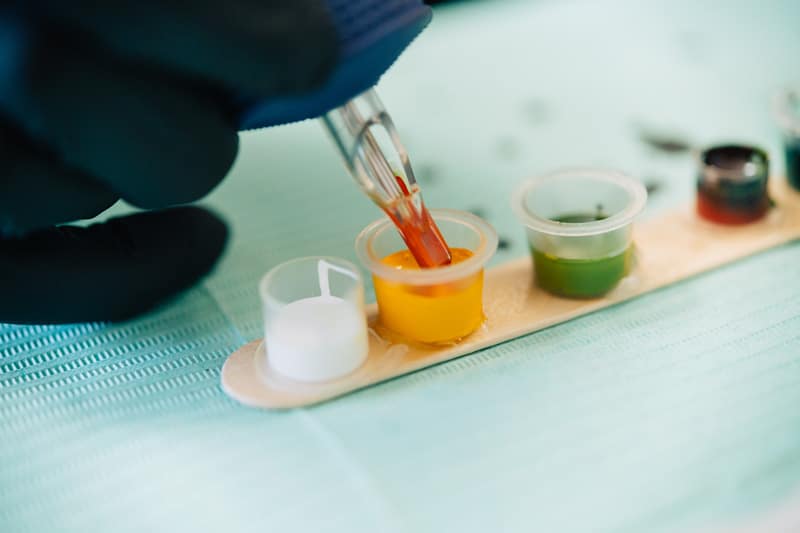
Because tattoos pierce the skin, they can cause skin infections and other problems, such as:
Tattoo pigments, particularly those that are red, green, yellow, or blue, can induce allergic skin reactions such as an itching rash at the tattoo location. These can also cause your tattoo to become deformed. The following are symptoms of an allergic reaction:
Skin infections are one of the most common problems to happen to your tattoo. This can cause flu-like symptoms and you will need antibiotics. This can happen even years after the tattoo is applied.
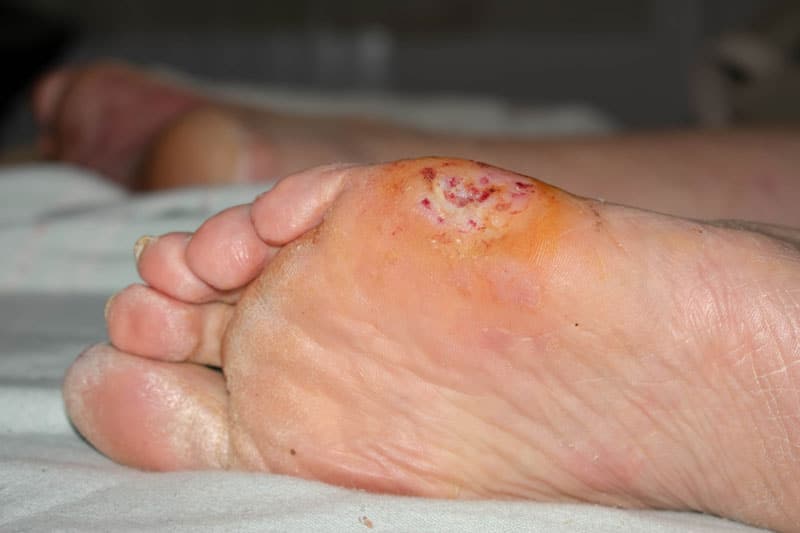
Other skin conditions. A granuloma is a type of inflammation that can occur around tattoo ink. Keloids are elevated regions created by an expansion of scar tissue generated by tattooing.
It may take longer to recover if you get a tattoo while unwell. Your white blood cells assist in the healing of your tattoo. If those cells are fighting something else, they won't be able to mend your skin as well as they could. You should reschedule if you are sick at the time of your appointment.
Failure to follow proper aftercare procedures might also cause healing delays. To avoid excessive scabbing and cracking, keep the area as clean as possible and apply a tattoo lotion or skin-friendly moisturizer to the region. If you want a more detailed breakdown of how to take care of your tattoo visit The Ultimate Tattoo Aftercare Guide by Vlogigurl.
You may experience severe bleeding if you take blood thinners or consume alcohol at the time of your appointment. This may reduce the tattoo artist's visibility, jeopardizing their work. Excess blood could also end up on their equipment and furniture, posing a hygiene issue.
Excess bleeding can also cause you, the one being tattooed, to faint at either the sight of blood or become lightheaded. Ensure to get a good night's sleep and eat/drink well before getting tattooed.
All tattoo studios must be licensed, however, artists are not required to be. You could catch blood-borne infections if they don't adequately disinfect their equipment.
Ask your tattoo artist about the parlor's unique sanitary procedures and what licensing they do have during your initial consultation. This can help you make an informed decision if that tattoo artist is a good fit for you
Scar tissue overgrowths may form around the tattoo site. Keloids are the most common cause of these forms. Keloids can develop following any type of skin damage.
You won't know if you'll acquire keloids soon after your tattoo, but pressure dressings can help avoid them. If you're concerned about keloids following a tattoo, seek advice from your doctor.
When bacteria enters an open wound, it causes a tattoo infection. This bacteria could be caused by tattoo ink or improperly sanitized equipment. You've opened hundreds of small wounds on your skin when you get a tattoo. Infection can enter any open wound, no matter how minor.
You're at risk for staph infections, tuberculosis (atypical mycobacterial diseases), and more.
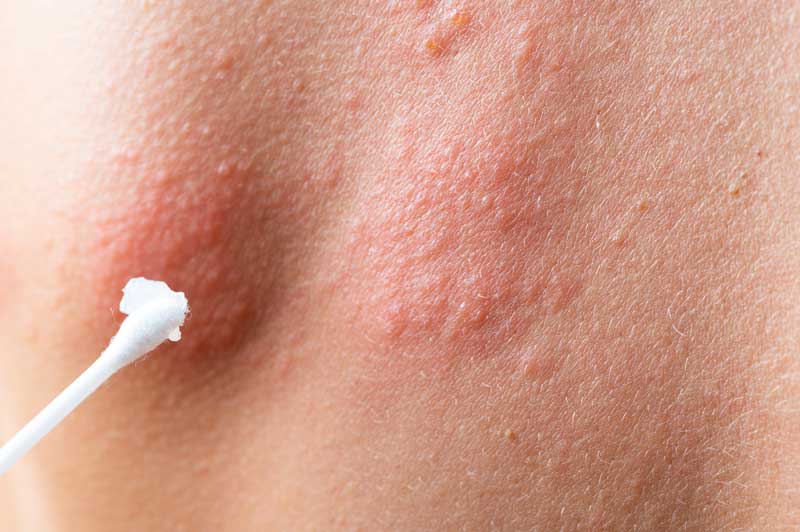
Diseases transmitted through blood. You can get bloodborne infections such as methicillin-resistant Staphylococcus aureus (MRSA), hepatitis B, and hepatitis C if the equipment used to produce your tattoo is contaminated with infected blood. This can be avoided easily by following blood-borne pathogens license best practices.
Complications with MRI During magnetic resonance imaging (MRI) scans, tattoos or permanent cosmetics may induce swelling or burning in the afflicted areas. In rare instances, tattoo pigments might degrade the image quality. This is an uncommon problem, but it is advised to inform your doctor of your tattoos.
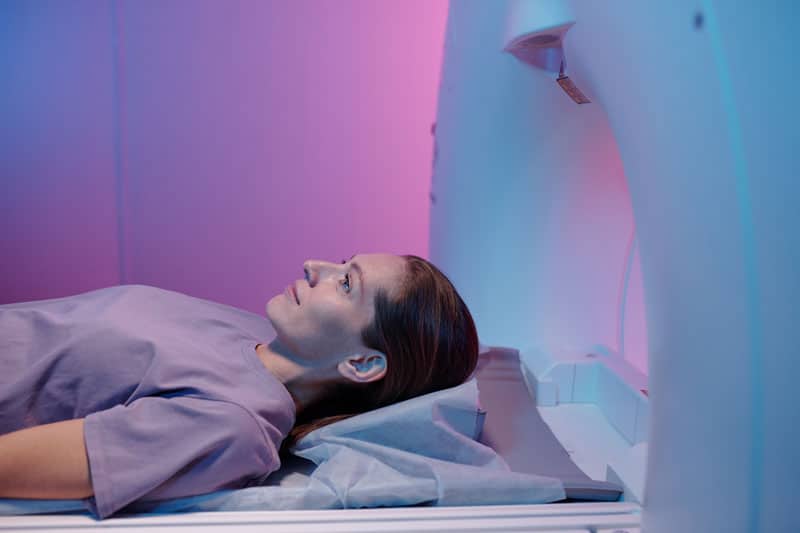
Despite ongoing studies at the FDA and elsewhere, many issues remain concerning the long-term consequences of pigments, other components, and potential contaminants in tattoo inks. The FDA has received complaints of negative reactions to tattoo inks both immediately following tattooing and years later. If your tattoo contains p-phenylenediamene, you may develop allergies to other chemicals such as hair colors (PPD).
There's also tattoo removal. We don't know what happens to pigments after laser treatment in the short or long term. We do know, however, that some tattoo removal treatments might result in permanent scars.
If you get strange symptoms after getting a tattoo, seek medical attention right away. They'll make certain you receive the care you require while avoiding any long-term repercussions.
Notify the tattoo artist and inquire about the ink that was used. Inquire about their needle sterilization process. Inquire whether any past clients have experienced a similar issue. However, you should ask all of these questions prior to working with your tattoo artist.
Finally, notify the FDA. They take safety information seriously and can restrict dangerous inks and substances, despite the fact that they do not regulate ink.
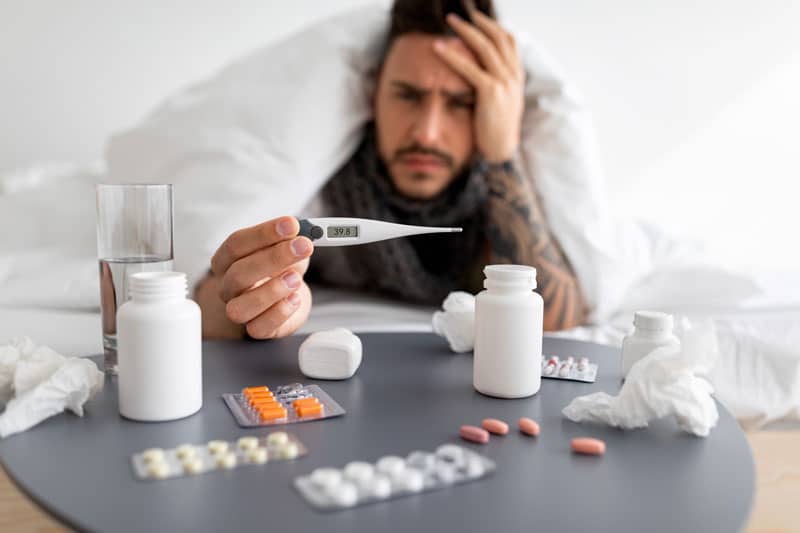
Here are some things you can take ahead of time to make sure your tattoo is as safe as possible:
Tattoo removal is a time-consuming operation, and total removal without scars may be impossible. Getting your tattoos removed is also often more expensive than the tattoo itself and can take multiple sessions to complete. Most people would rather have a tattoo that they don’t like on them, or get it covered by another tattoo, rather than getting it removed.
If you do get a tattoo, ensure sure the tattoo parlor and artist follow all state and municipal regulations. The National Conference of State Legislatures has a page dedicated to state tattooing regulations. Contact your county or city's health department for information on local rules.
Receiving a safe tattoo is the easiest way to ensure your tattoo comes out nice and clean. Also, some studies show that it makes the tattoo removal process easier.
When having an MRI, some people may experience swelling or burning in their tattoo, but this is uncommon and only lasts a short time. Before an MRI is ordered, inform your health care provider that you have a tattoo.
Tattoos and tattooing methods are not considered harmful and are safer than they have ever been. There are hazards involved, but the majority of them can be avoided with careful planning and effort.
When it comes to getting a tattoo, use common sense and the procedure should go smoothly.
Ensure to ask tons of questions. Nobody will condemn you for taking care of your health. In your inky escapades, ask foolish questions, be hyper-aware, and be safe.
It's a common misconception that tattoo artists must have tattoos to be qualified for their job. While there are many reasons why an artist might choose to ink their own skin, from personal expression to guaranteeing the best possible experience for clients, it is not required or expected that they do so. Read on to […]
Having a tattoo is a big decision. You want it to be perfect, and you want it to last forever. How long does it take to get a tattoo, though? Well, that depends on how big the tattoo is and how much detail there is. We've got your answer if you've ever wondered how long […]
Are you still glaring at your fresh ink tat, hoping what you see is just part of the healing process? Or are you a tattoo enthusiast who has thus far escaped the dreaded blowout? For the former, sorry to be the bearer of bad news, but a Tattoo blowout does not just go away. And […]
It's a common misconception that tattoo artists must have tattoos to be qualified for their job. While there are many reasons why an artist might choose to ink their own skin, from personal expression to guaranteeing the best possible experience for clients, it is not required or expected that they do so. Read on to […]
Having a tattoo is a big decision. You want it to be perfect, and you want it to last forever. How long does it take to get a tattoo, though? Well, that depends on how big the tattoo is and how much detail there is. We've got your answer if you've ever wondered how long […]
Are you still glaring at your fresh ink tat, hoping what you see is just part of the healing process? Or are you a tattoo enthusiast who has thus far escaped the dreaded blowout? For the former, sorry to be the bearer of bad news, but a Tattoo blowout does not just go away. And […]
